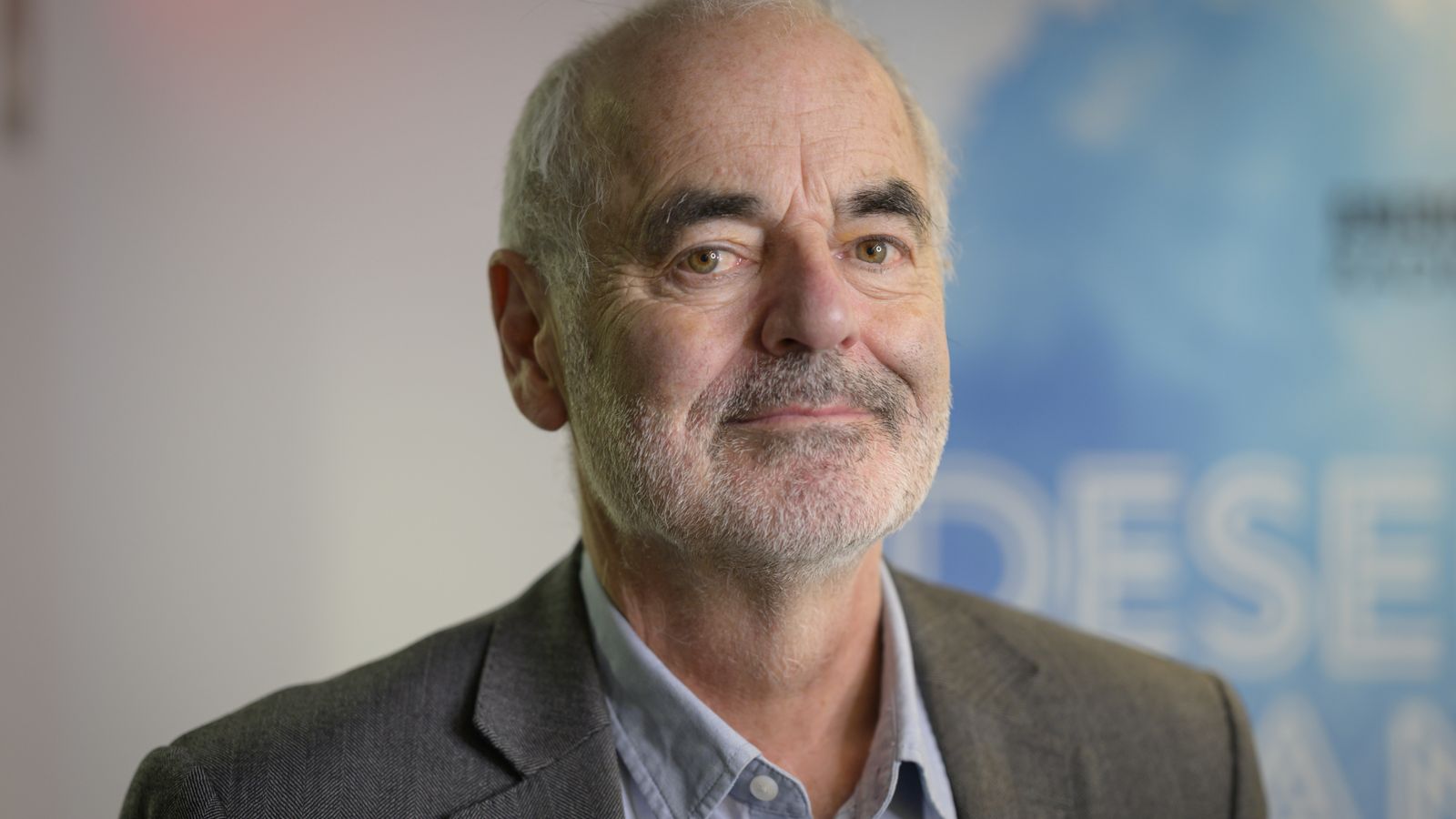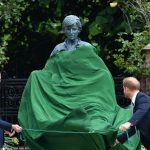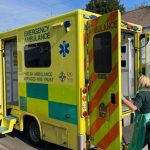A statistician has said he was “overly-optimistic” at the start of the COVID-19 pandemic.
Professor Sir David Spiegelhalter, chairman of the Winton Centre for Risk of Evidence Communication at Cambridge University confessed he “didn’t take it seriously enough”.
He added that he had a naturally optimistic personality “and that’s why I’m very glad I’m not a government adviser”.
“The pandemic has been a net lifesaver for younger people, if you look at people between 15 and 30 in 2020, 300 fewer died than would normally have died and that includes the 100 that died from COVID sadly,” Sir David said.
“So that’s 300 fewer families mourning the death of a young person because of the pandemic.
“Now that’s because young people were essentially locked up, they couldn’t go out driving fast, they couldn’t go out and get drunk, and they couldn’t get into fights and whatever, and so all these lives were saved.”
However, the professor said that this doesn’t necessarily mean he advocates for lockdowns, because “on the flip side of that you have a big increase in mental health problems”.
COVID-19: UK reports 60,578 new cases of coronavirus and further 259 deaths
Owen Paterson: Disgraced former Tory MP’s WhatsApp messages to Matt Hancock reveal extent of lobbying
Beijing Winter Olympics: Team GB bobsleigh stars on the challenges of training – and coffee
Sir David, who has been a regular commentator on the pandemic, admitted he had an “optimistic” disposition during the pandemic.
Speaking on BBC Radio 4’s Desert Island Discs, he said: “I think it’s very important that we have to acknowledge that we can never take an objective view about evidence, we always bring our, I think, personalities into it, and mine is unfortunately very optimistic and that’s why I’m very glad I’m not a government adviser, I don’t think I’d be very good at it because I do tend to hope for the best and sort of expecting the best as well.
“I was terribly over-optimistic at the start of the pandemic and didn’t take it seriously enough.”
‘Could he have been caught earlier?’
Sir David was knighted in 2014 for services to medical statistics, including leading the statistical team for the public inquiry into high rates of deaths among babies following heart surgery at Bristol Royal Infirmary.
He also discussed his work as an expert witness to the public inquiry into serial killer doctor Harold Shipman.
Shipman was jailed for life in January 2000 for murdering 15 patients while working in Manchester but official predictions are that he killed between 215-260 people during a 23-year-period in West Yorkshire.
He said: “I was part of the team that was asked to say ‘well, could he have been caught earlier if people had been looking at the data?’.
“We looked at the statistical methods that were used in industrial quality control, where you monitor whether a process is going out of kilter by seeing whether you’re getting more failures than you would expect and, in Harold Shipman’s case, it was looking for when more people were dying in his practice than you would expect.
“And we adapted the methods used in industrial quality control and showed that, actually Shipman could have been caught much earlier and if someone had been looking at the data and had blown the whistle you might have been able to save 200 lives.”






















